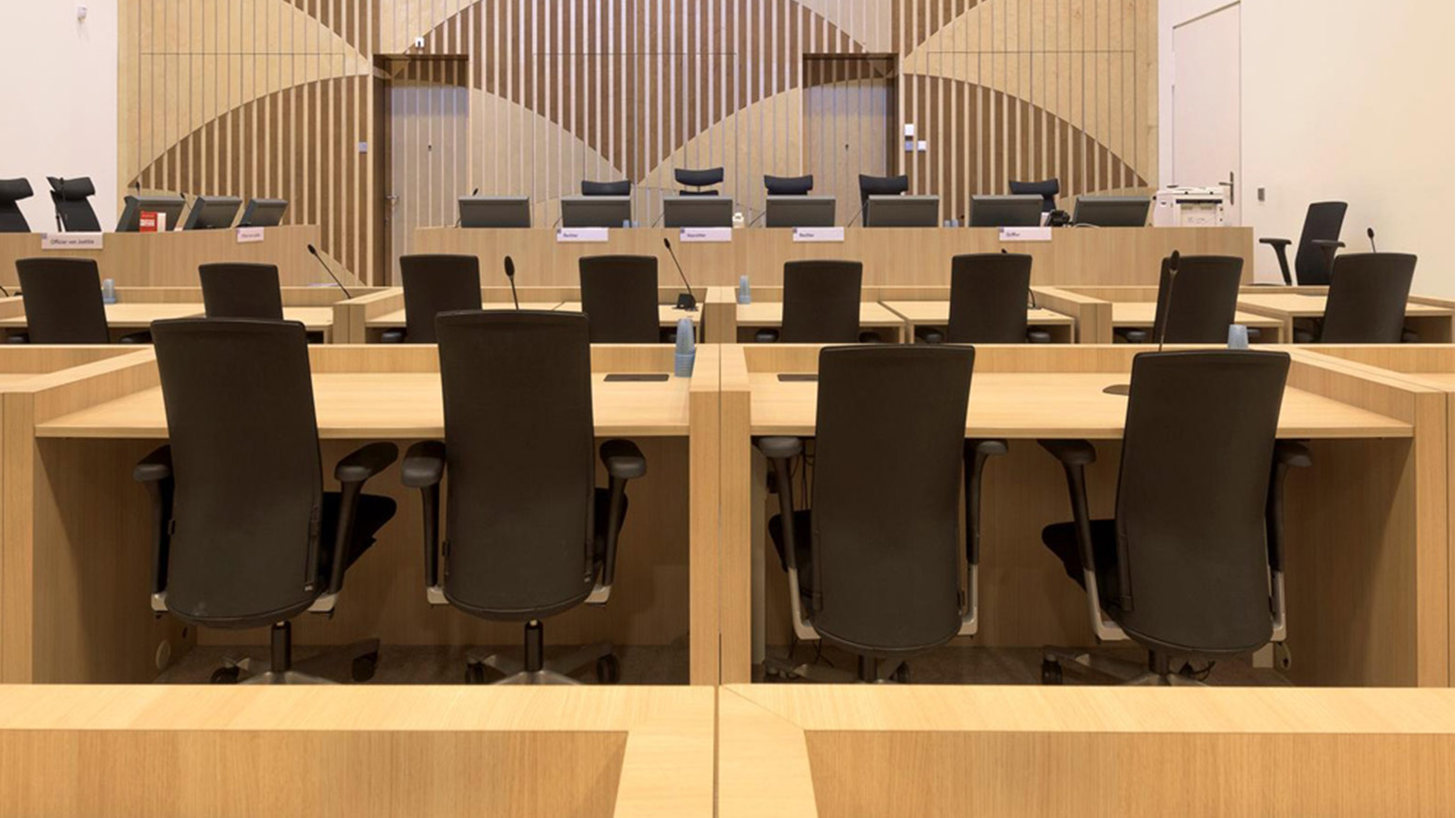Dutch took 'unacceptable risk' in 2015 Iraq strike: lawyer

The Netherlands took an "unacceptable risk" in a 2015 air strike on the Iraqi city of Hawija that killed some 85 civilians, relatives of the victims said Tuesday, as they launched a bid for compensation.
The first-ever trial involving civilian casualties in the air war against the Islamic State group opened at The Hague District Court, with the victims' lawyers saying the carnage could have been prevented.
Dutch F-16 fighter jets struck an improvised car bomb factory overnight between June 2 and 3, 2015, in an industrial zone of the northern Iraqi city.
The factory contained more explosives than first believed and a subsequent explosion caused massive collateral damage.
"The (Dutch) state took the unacceptable risk of disproportionate damage to civilians and civilian objects with this bombing," lawyer Liesbeth Zegveld said.
She said the Dutch military should have known how many explosives were in the factory to calculate what would have happened should the factory explode.
The Netherlands -- which initially hailed the strike as a "perfect target and a perfect hit" -- also knew that the bombing was targeting a populated area, the lawyer said.
The Dutch military "could have known, and should have known" that civilians would be hit, Zegveld said.
Some of the victims seeking compensation were present in court.
Kurdhi Fadhil Mutlak told Dutch judges how the shock from the blast "broke all the doors and windows" of the building where he was sheltering, fatally hitting his daughter in the head.
Another refugee Abdallah Rashid Salih said he lost seven relatives.
"I buried them one by one," he said.
Hawija's mayor Sabhan Khalaf Ali, who claimed some 100 people were killed in the air strike, said "the Dutch army could have prevented this."
Dutch state lawyers defended the strike, saying the factory had been under long-time surveillance before the decision was made to attack it.
It was impossible to know how much explosives were in the factory ahead of the strike, Dutch judges were told.
The Dutch government acknowledged in 2019 that 70 people, including civilians and IS fighters had died in the bombing.
Last year a study by the Utrecht University and NGO groups called on the Netherlands to apologise for the bombing as failure to do so could spawn future terror groups.
The Dutch attack was one of around 34,000 airstrikes carried out by the US-led international coalition on Iraq and Syria, according to the study.
